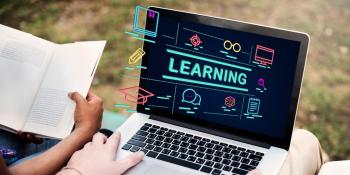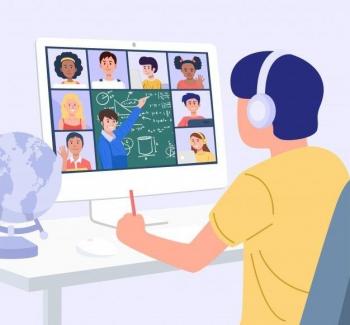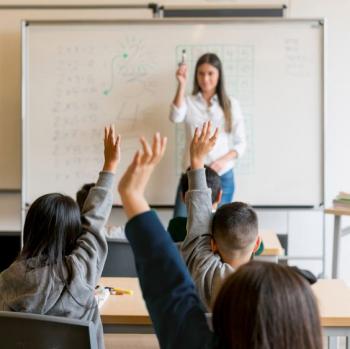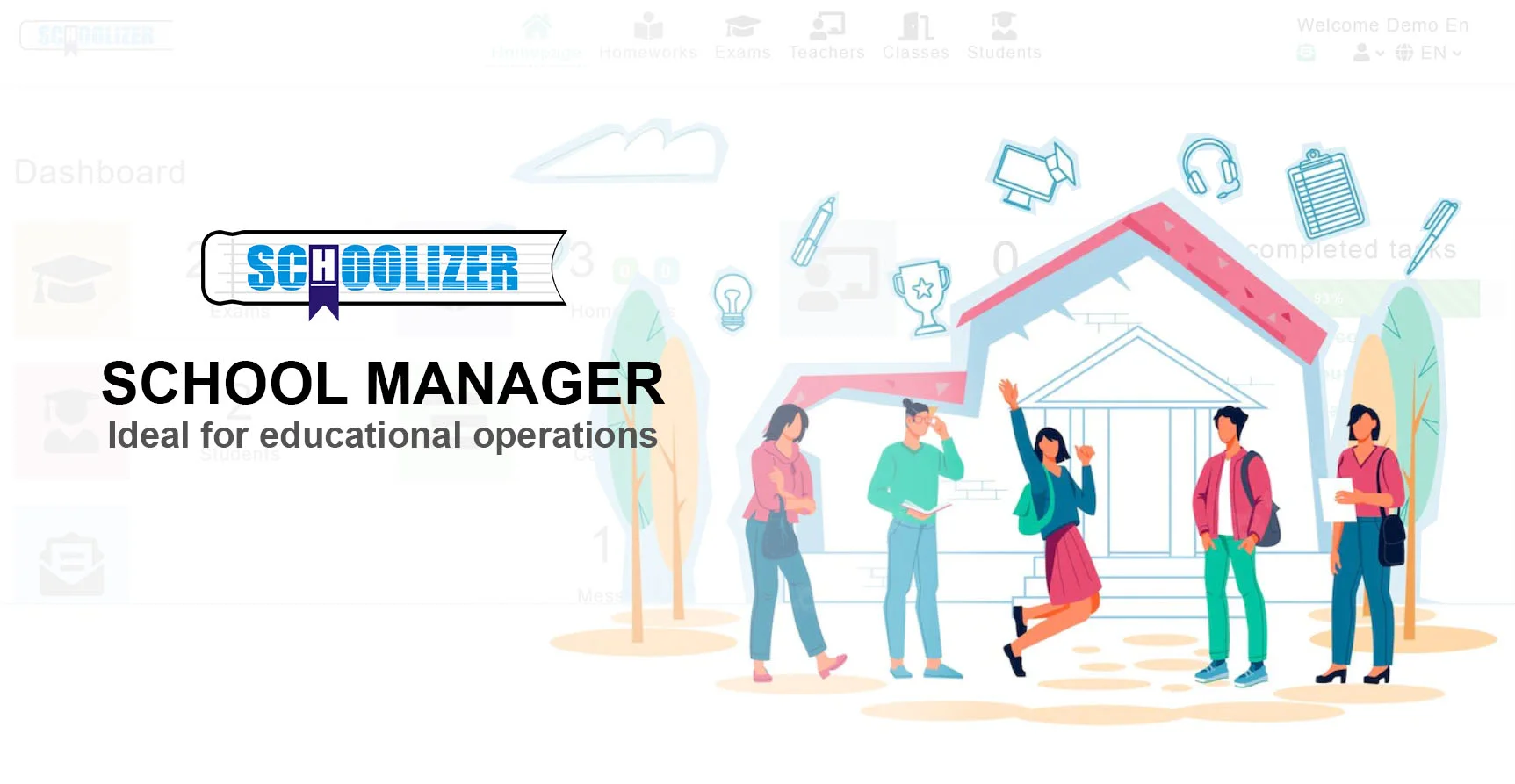How Game-Based Learning Transforms Education: A Complete Guide
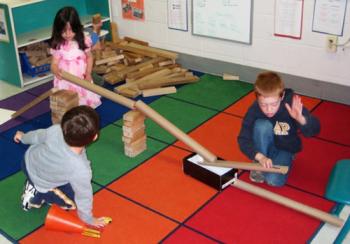
How Game-Based Learning Transforms Education: A Complete Guide
What if learning could be as engaging as playing a video game? Why do students often remember game mechanics better than textbook content? How can educators harness the power of games to improve learning outcomes? Game-based learning (GBL) is revolutionizing classrooms by merging education with interactive experiences. This guide explores its benefits, implementation strategies, and real-world success stories.
What Is Game-Based Learning?
Game-based learning is an instructional approach that uses games—digital or physical—to teach specific skills or knowledge. Unlike traditional rote learning, GBL immerses students in problem-solving scenarios where they learn through trial, feedback, and progression systems.
For example, Minecraft: Education Edition lets students explore historical sites or simulate engineering challenges. The key difference from gamification (adding points/leaderboards to existing tasks) is that GBL designs the entire experience around gameplay mechanics.

Why Game-Based Learning Works
Engagement Through Interactivity
Games tap into intrinsic motivation by offering clear goals, instant feedback, and a sense of achievement. A 2020 study by the University of California found that students in game-based environments showed 30% higher retention rates compared to lecture-based instruction.
Safe Space for Failure
In games, failure is a stepping stone—players respawn or retry without real-world penalties. This encourages experimentation and resilience. For instance, Kerbal Space Program teaches physics by letting students design rockets that often crash… until they apply the right principles.

How to Implement Game-Based Learning
Start Small with Existing Tools
Teachers don’t need coding skills to begin. Platforms like:
- Kahoot! for quiz-based competitions
- Prodigy Math for curriculum-aligned math adventures
- Breakout EDU for physical puzzle-solving kits
Align Games with Learning Objectives
A common pitfall is prioritizing fun over outcomes. For a history lesson on ancient Egypt, a game like Assassin’s Creed Origins (Discovery Tour mode) can be curated to explore pyramids without combat.
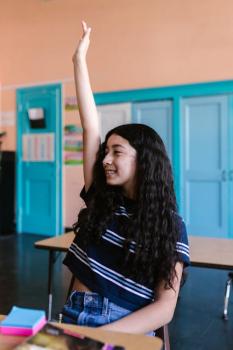
Real-World Success Stories
In Sweden, the "Mattecentrum" program uses game-based apps to reduce math anxiety, reporting a 22% improvement in test scores. Meanwhile, medical schools employ VR games like Surgeon Simulator to practice surgeries risk-free.

Overcoming Challenges
Critics argue games distract from "serious" learning. However, structured debriefing sessions—where students reflect on in-game decisions—bridge play with academic rigor. Budget constraints? Free tools like Scratch allow students to create their own educational games.

The Future of Game-Based Learning
With AI and AR advancements, adaptive games will personalize challenges to each student’s level. Imagine a language-learning game that adjusts dialogue difficulty based on real-time performance. The key is balancing innovation with pedagogical soundness.


